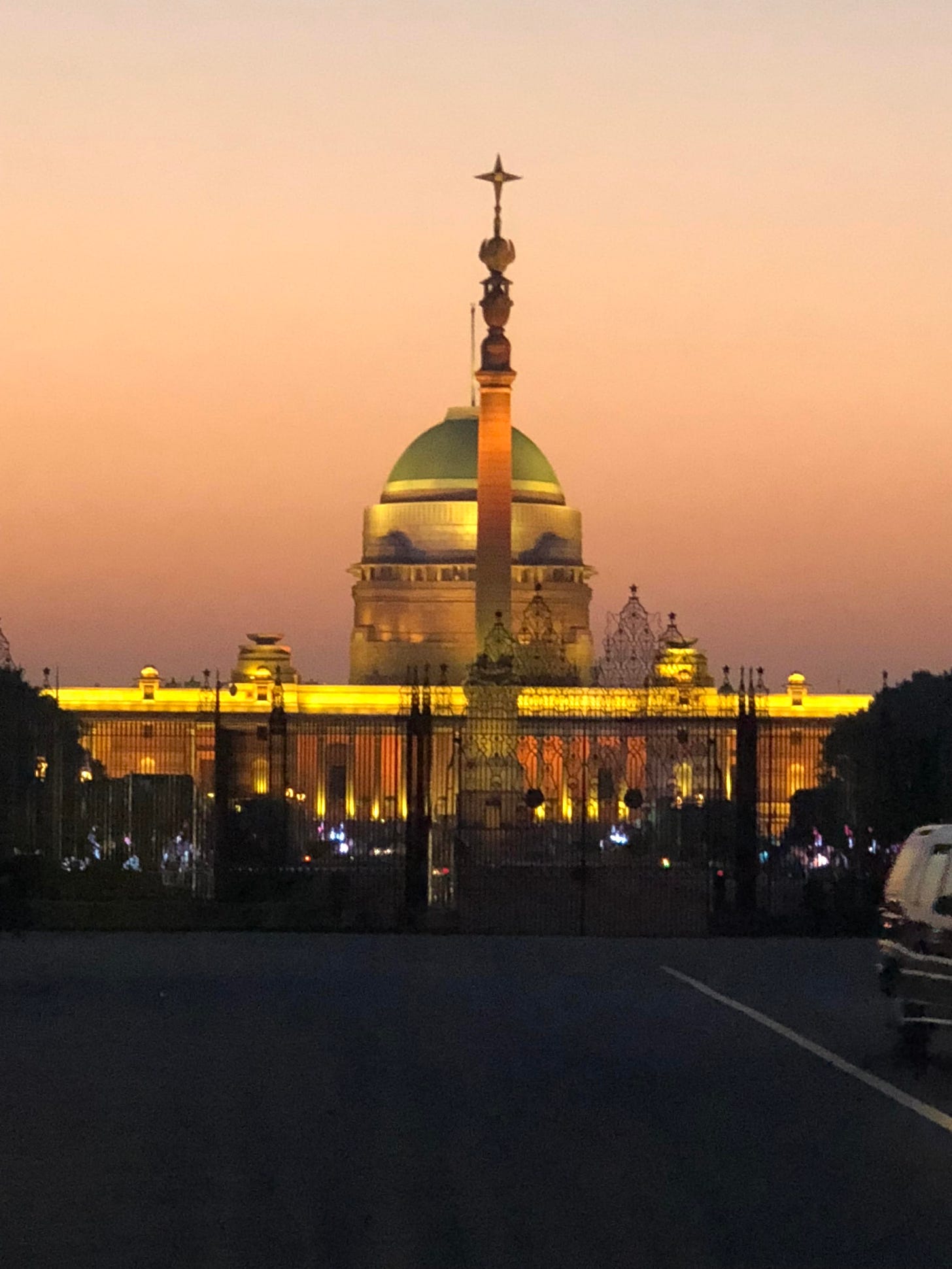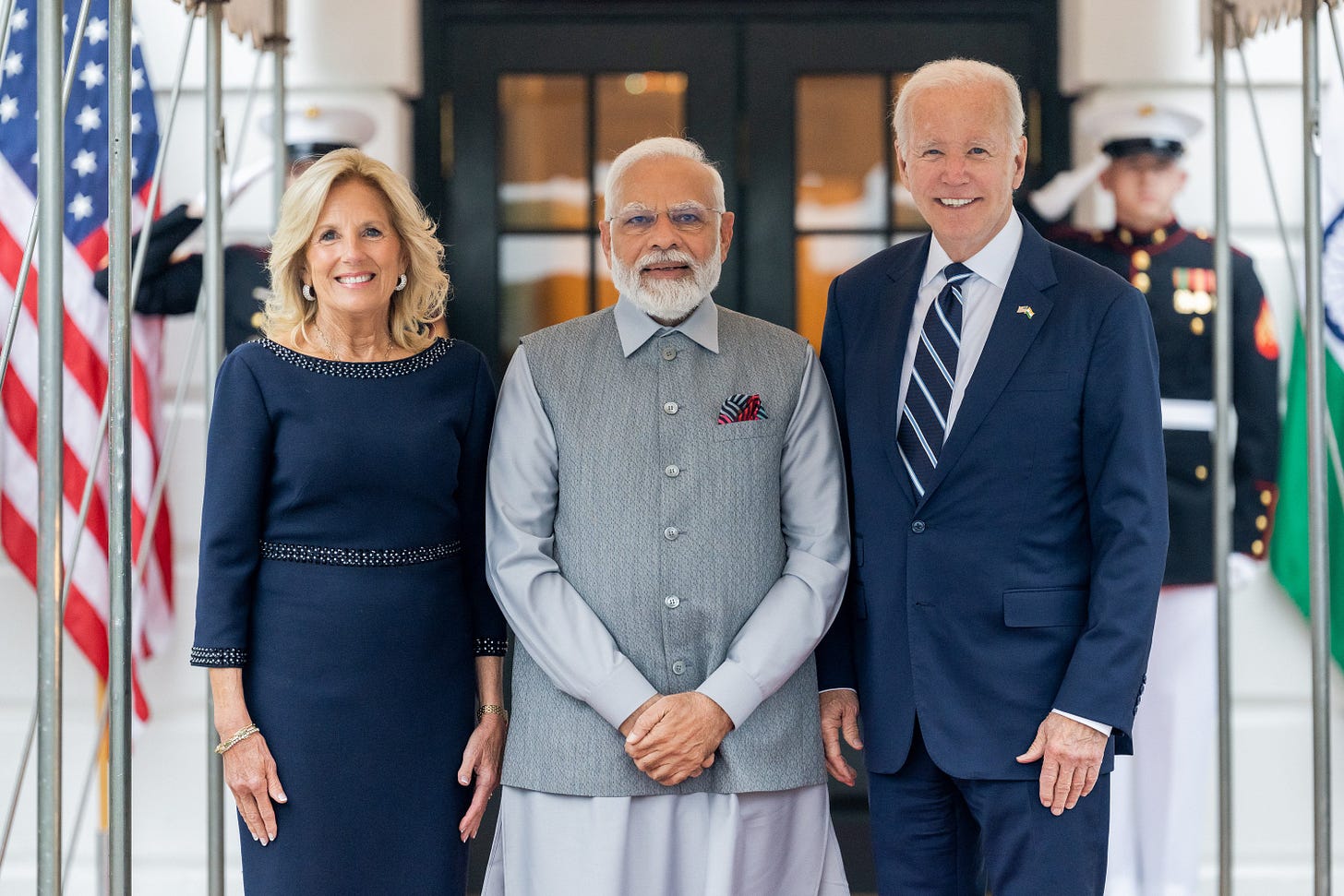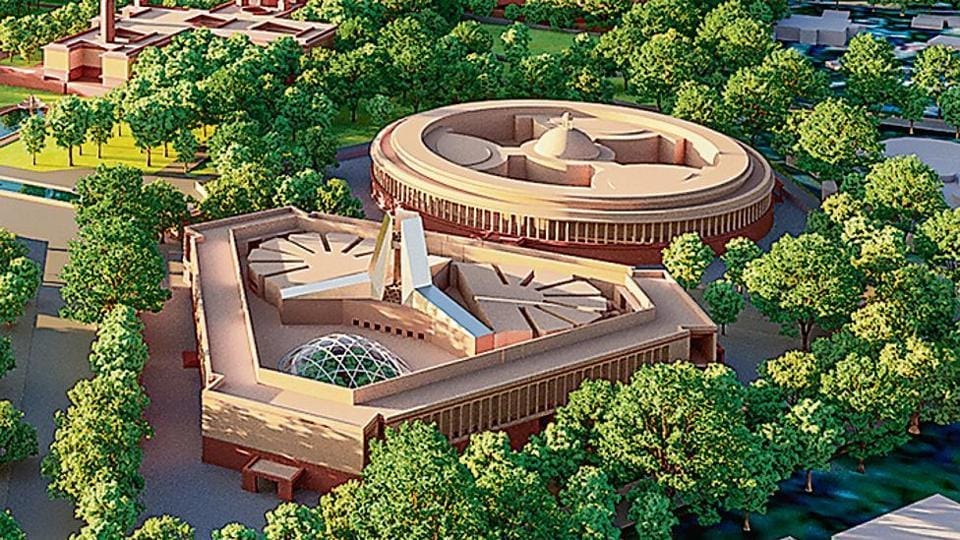Opposition Unity and the Modi Factor: A Crucial Dynamic in India's Political Landscape
Navigating the Modi Phenomenon: Assessing the Implications of Opposition Unity in India's Evolving Political Scenario.
Introduction: The meeting of the leaders of the Opposition Parties in Patna 23rd June 2023 is not an insignificant development in current Indian politics. With the 2024 Lok Sabha elections barely months away, opposition leaders closed ranks to explore the possibility of a united front against the ruling Bharatiya Janata Party (BJP). This analytical opinion piece aims to examine the potential impact of opposition unity on India's democratic landscape, considering historical electoral patterns, concerns about authoritarianism, internal contradictions, and the challenges that lie ahead.
The Rationale for Opposition Unity: The argument in favour of opposition unity stems essentially from the statistical analysis of Lok Sabha General Elections since 1952. India's “first-past-the-post” system often results in a disproportionately large number of seats being won by the party that secures the highest percentage of votes at the national level, emphasising the need for a united opposition. When multiple serious candidates compete, this effect becomes even more pronounced, highlighting the importance of strategic collaboration to prevent the division of opposition votes.
Concerns over Authoritarianism: A central concern voiced by opposition leaders is the potential ramifications if the BJP, under the leadership of Prime Minister Narendra Modi, retains power after the 2024 elections. They argue that this could lead to a progressive erosion of the democratic polity in India, a fundamental feature of our Republic. Critics point to the PM's perceived authoritarian attitude, characterized by a lack of consultation with opposition leaders, even on matters of national importance. Additionally, the alleged selective and vindictive use of central law-enforcing agencies, such as the CBI and the ED, against opposition figures, though never credibly established in any court of law, has raised alarm bells.
BJP's Counterarguments: In response, the BJP dismisses these concerns as rooted in envy and jealousy for PM Modi among the opposition leaders, who lack a robust socio-economic agenda. They also highlight apparent contradictions within the opposition camp. For instance, the Aam Aadmi Party's failure to garner support from the Congress Party to oppose the Central Government's ordinance curbing the powers of the Delhi’s democratically elected government raises questions about the opposition's cohesion. Such internal divisions could further attenuate their ability to present an effective united front.
Challenges and Regional Dynamics: Notably absent from the Patna meeting were key regional players such as the Biju Janata Dal (BJD), Bharat Rashtra Samithi (BRS, formerly TRS), and Yuvajana Sramika Rythu Congress Party (YSRCP). These parties are not only in power their respective states, where they are opposed by the BJP, but also contribute a fairly significant number of seats to the Lok Sabha. The Bahujan Samaj Party (BSP) appears not to have been invited, while the Rashtriya Lok Dal (RLD) Chief Jayant Chaudhary did not attend, owing to a “pre-decided family function”. The position of the Shiromani Akali Dal (SAD) in Punjab remains unclear, despite its having parted ways from the BJP after a long-standing alliance. Furthermore, internal conflicts within the Congress Party factions in Rajasthan pose another challenge to opposition unity.
Path to Opposition Unity: Although the opposition unity is an ongoing process, critical issues must be promptly addressed. The broad objective is to field a single opposition candidate against the BJP's nominee in each Lok Sabha constituency, ensuring that opposition votes are not divided and thus maximizing their chances of victory. However, the intricate task of resolving conflicting claims by each opposition party for being allocated maximum number of seats remains a significant hurdle. Furthermore, the emergence of "rebel" candidates filing as independents cannot be discounted, not to mention the claimants overlooked working quietly against the official candidate of the united opposition.
Possibility of Snap Polls: The Modi-Shah duo's potential snap poll gambit also poses a threat to the opposition unity process, which is inherently a slow one. Some opposition leaders are already publicly speculating about the likelihood of such a scenario. The decision of snap elections could derail the ongoing efforts to consolidate opposition forces and create further uncertainties in the political landscape. In my opinion, this is unlikely, and the issue appears to have been raised by some opposition leaders merely to inject a sense of urgency among their fellow leaders.
Implications for Indian Democracy: The very existence of an open opposition unity process refutes allegations that India under Modi's leadership is already having the trappings of an authoritarian and non-democratic state. The process itself underscores the existence of a vibrant democracy where diverse voices are heard, and dissent is valued, not just tolerated. Furthermore, it will test the notion that the BJP can secure victory only when it faces a divided opposition.
Patna meet is only the beginning: The meeting of opposition parties in Patna served as a crucial first but significant step towards forging a united front against the ruling BJP in the upcoming 2024 elections. While challenges and fragmentation persist, the process of opposition unity itself highlights the resilience of India's democratic fabric. Their degree of success hinges on addressing internal conflicts, accommodating regional aspirations, and presenting a viable alternative to the ruling party. The forthcoming Lok Sabha elections will thus not only shape India's political landscape but also provide Indian voters with a decisive choice that will have far-reaching consequences for the country's future.
Outcome in 2024: A victory for Modi and the BJP would enable the Central Government to continue its path of social and economic consolidation until 2029. The slogan of ‘Sabka Saath, Sabka Vikas’ would continue to serve as its beacon light. However, a fragmented verdict or a narrow win for the opposition would inevitably lead to a potentially an unstable government, prone to if not plagued by policy paralysis and delays in key decisions. Additionally, internal strains and stresses within a coalition government could further undermine its efficiency and effectiveness.
2024 elections will be crucial: The 2024 Lok Sabha elections will be a defining moment for the Indian voter, who must carefully consider the implications of their choice. It will be an opportunity to shape the future of the Nation and determine the trajectory of India's development. As the world's largest democracy, India's democratic values and principles will be put to the test, ultimately reaffirming its commitment to a Government that represents the will of its 1.43 billion people. This will be an election that the entire world shall be keenly observing.
Robust and independent election machinery: The road ahead is arduous and tortuous, for the ruling BJP as well as the opposition conglomerate, but this journey is a part and parcel of the democratic process of our Republic. The credentials and reputation of the Election Commission also shall be put to the ultimate stress-test. Even if the CEC and the ECs may, hypothetically speaking, seem as buckling under pressure, India’s electoral system is so robust that ultimately the elections shall be conducted in a free and fair manner, given the system’s true strength— thousands of Returning Officers and Assistant Returning Officers and lakhs of Presiding and Polling Officers, not to mention the personnel of the police and paramilitary forces, on election duty.
Our take: In this critical juncture, it is imperative that all political parties play the game fairly and with a true spirit of sportsmanship, even as they canvas for votes and try to convince the voter. The entire election programme is likely to be spread over seven or eight phases and it could well be over two months between the announcement of the polls and the declaration of the final results. This period is so long that the tide can very well turn even during it, as we saw in the 2004 elections when Vajpayee’s NDA government was voted out of power. The process of opposition unity also augurs well for the optics of Indian polity, as it will dispel the disinformation being spread by some sections within and outside the country that Modi's India is a de facto an authoritarian and non-democratic state. Moreover, it will provide a conclusive answer to the question as to whether the BJP wins only when facing a divided opposition.
Vote for Modi? Regardless of the nature or extent of opposition unity, the upcoming Lok Sabha elections will ultimately become a virtual referendum on Narendra Modi. The nature of candidates on either side will hold relatively less significance compared to the colossal persona and the towering image of the Prime Minister, both at home and abroad. While the odds may currently seem to be stacked against the opposition, the outcome of elections is inherently unpredictable, and the Indian electorate, known for its maturity and intelligence, will have a clear binary choice on the polling day to decide on the type of government they desire at the Centre. Moreover, as we know, “a week is a long time in politics” and here we are talking about the spring-summer of 2024.
Let’s wait and see.
Opposition Leaders’ graphic: India Today, copyright acknowledged.







A beautiful article by Sh KBS Sidhu Sir. It depicts very nicely the current scenario of politics in our country. The standing of BJP in the context of all out efforts by various political outfits to form a united front against BJP in 2024 elections, is very vividly explained including the pitfalls of khichadi govt in case it comes into and also where does India head for , if single party Govt with full majority gets put in place by the Janta Janardhan. The article is quite unbiased in its analysis and presents , in my opinion , a balanced ,insight giving ,viewpoint. I enjoyed reading it.